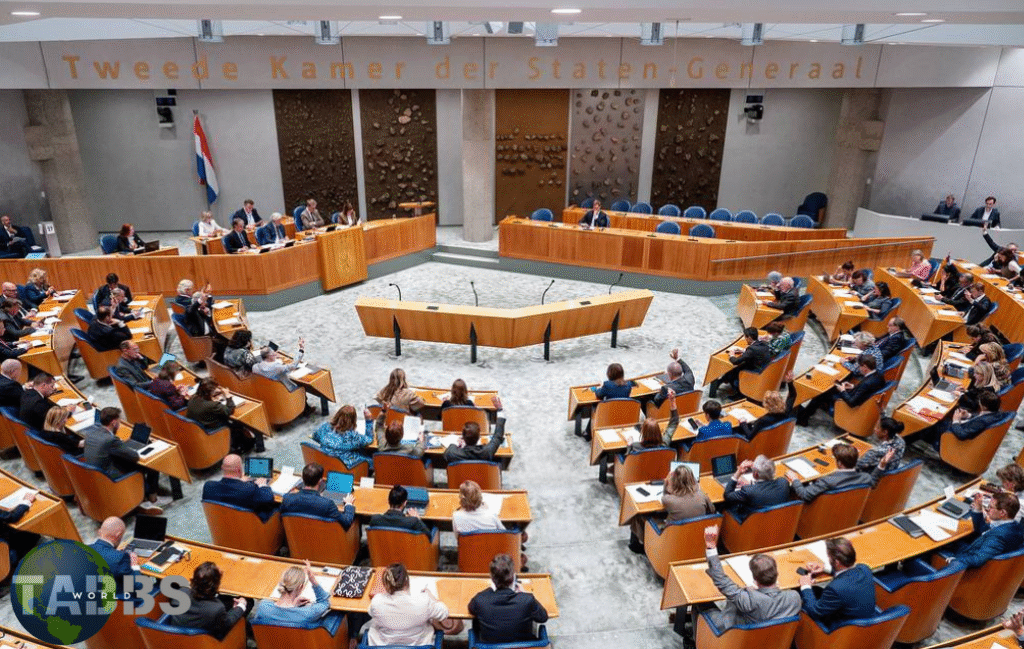This year’s Lenten season proved to be particularly demanding, not only because of the traditional sacrifices, but also against the backdrop of troubling world events. The pervasive sense of brokenness in the world served as a poignant reminder of the need for redemption and deliverance.
Struggling with Lenten Resolutions:
Despite the seemingly trivial nature of my Lenten commitments, I find myself scrambling to keep them throughout the season. From inadvertent slips in speech to lapses in discipline, each challenge highlighted the struggle to maintain the spirit of Lent.
Amidst the trials and tribulations of Lent, the timeless words of St. John Chrysostom offer comfort and encouragement. His invitation to forgiveness and redemption reminds us that Easter is a celebration open to all, regardless of their successes or failures.

A celebration of the Easter season:
As we move from Lent to Easter, we are called to embrace the joyous spirit of the season. The resurrection of Christ is not only a victory over death, but also a promise of renewal and redemption for all.
Saint Chrysostom’s timeless message invites all to share in the Easter festivities, regardless of past struggles or shortcomings. Easter offers a universal reward for all who choose to celebrate and embrace the joyous occasion.
Commitment to Easter Joy:
As we begin the season of Easter, let us commit to enjoying its significance and embracing its joyous message. Just as Lent served as a period of reflection and discipline, let us now dedicate ourselves for 40 days to the joy of resurrection and the promise of a new beginning.
In the midst of life’s trials and challenges, Easter serves as a beacon of hope and renewal. Let us commemorate this sacred occasion with gratitude, celebration, and a renewed commitment to spreading joy and compassion in our troubled world.
Table of Contents
What is Lent, and why is it significant?
Lent is a solemn religious observance in the Christian liturgical calendar that begins on Ash Wednesday and ends approximately six weeks later, just before Easter Sunday. It is a period of reflection, repentance, and spiritual discipline, commemorating the 40 days Jesus spent fasting in the desert.
What are Lenten resolutions, and why do people make them?
Lenten resolutions are commitments individuals make during the Lenten season to practice self-discipline, sacrifice, and spiritual growth. These resolutions often involve fasting, prayer, and acts of charity as a way to draw closer to God and prepare for the celebration of Easter.
Why do people find Lent challenging?
Lent can be challenging for various reasons, including the discipline required to maintain Lenten resolutions, the reminder of personal shortcomings, and the struggle to balance spiritual practices with daily responsibilities. Additionally, external factors such as global events or personal circumstances can contribute to the difficulty of the Lenten journey.
What is the significance of Easter in the Christian faith?
Easter is the most important festival in the Christian calendar, commemorating the resurrection of Jesus Christ from the dead, as described in the New Testament of the Bible. It symbolizes victory over sin and death, redemption, and the promise of eternal life for believers.
How can individuals continue to embody the spirit of Easter beyond the holiday season?
Beyond Easter Sunday, individuals can carry the spirit of Easter with them by living out its core principles of love, compassion, forgiveness, and service to others. This may involve acts of kindness, reaching out to those in need, fostering unity and reconciliation, and seeking opportunities for personal growth and spiritual renewal.
How can individuals overcome struggles encountered during Lent?
Struggles during Lent, whether in maintaining resolutions or facing personal challenges, can be overcome through perseverance, self-reflection, and reliance on faith. Seeking support from community, prayer, and focusing on the spiritual significance of the Lenten journey can help individuals navigate difficulties and find strength in their faith. Additionally, viewing setbacks as opportunities for growth and learning can foster resilience and deepen one’s spiritual connection during Lent.



